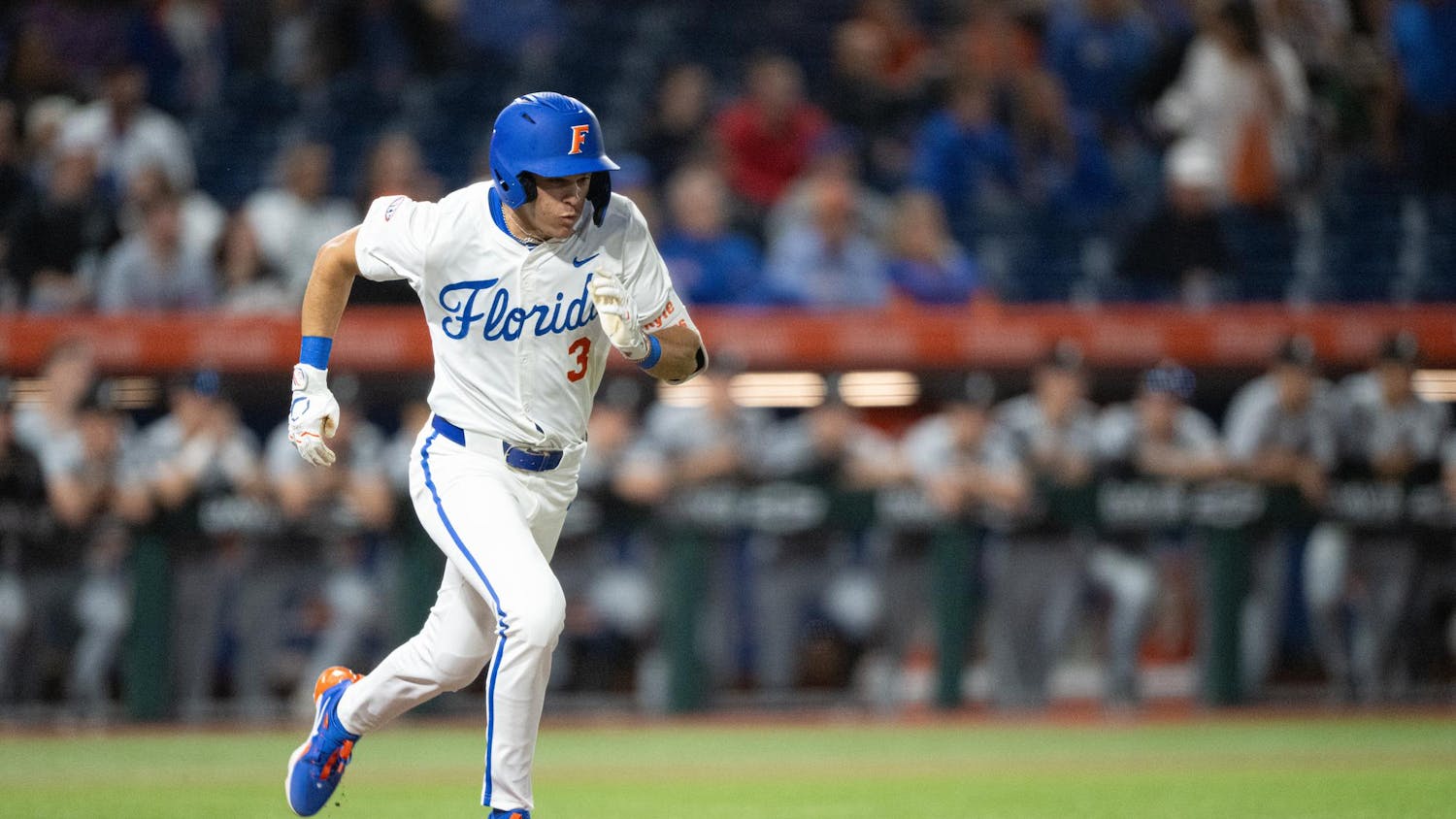Are Gainesville summer programs decreasing tension among neighborhood gangs? Depends whom you ask.
City and county officials as well as local police have been working since June to reduce violence among neighborhood youth gangs by hosting activities that build trust in law enforcement.
Some claim efforts have been fairly successful and that crimes committed by teens appear to be decreasing or stagnant.
Others say the programs are a good attempt at curbing teen violence, but it remains a growing, serious problem.
Gainesville Police Department Capt. Lonnie Scott and retired Gainesville Police Capt. Tony Jones helped develop "Operation Respect Yourself" earlier in the summer to offer activities they hoped would help decrease juvenile crime during students' time away from school.
The main goal of the program is to end the summer with the same number of teens alive as in the beginning, Scott said.
Besides keeping people alive, he said, GPD hopes to teach teens how to peacefully resolve conflicts and to understand they will be held accountable for their actions.
Scott said he thinks the level of violence has decreased.
Although heated rivalries among neighborhoods still exist, he said he thinks problems are in an infancy stage.
"We've turned the temperature down on the conflict," he said. "This isn't L.A. We do have gangs, but we don't have the Bloods and Crips going to war in the streets."
The program has hosted two pool parties, a dance and a football camp. Scott said the events attracted mostly east Gainesville residents between ages 12 and 19.
Future events include a car show, a second dance and a rap contest.
More than 700 teens came to the dance at Citizens Field two weeks ago, which was co-sponsored by radio station Magic 101.3, he said.
Scott said the night was successful despite a fight that started afterward outside the dance.
Four teens and one adult were arrested for charges including resisting arrest without violence.
GPD gang investigator James McCollum said the fact that a fight erupted outside an activity meant to deter violence suggests the problem can't be solved with only camps and car shows.
The fight shows that there are some young people out there willing to turn any situation into a negative one, McCollum said.
"These events are a good idea," McCollum said. "But teenage violence is still escalating, and gangs are still growing and spreading."
McCollum said he could not comment further on increased gang activity because he is involved in an ongoing investigation into new and existing gangs in the area.
The cause of these issues is more complicated than lacking youth activities, he said.
"Everything comes back to the family," he said. "The families have to want change, and they have to be as proactive as the police."
Jones, who acts as a community liaison and helped organize the dance and other summer youth programs, said he agrees that families have to be a part of the efforts.
He said summer programs are more of a first step than a final solution toward decreasing teen violence.
It is too early to tell what the program's long-term impact will be on the community, he said.
Jones was one of a group of citizens who created Heat Wave, a basketball league for families who can't afford to send their kids to summer camp.
About 150 teens are enrolled in the camp, he said, and more than 200 people show up on game nights.
"I'm not sure how the programs will change the situation on the streets," he said. "But who knows where those kids would be if they weren't at the game?"





